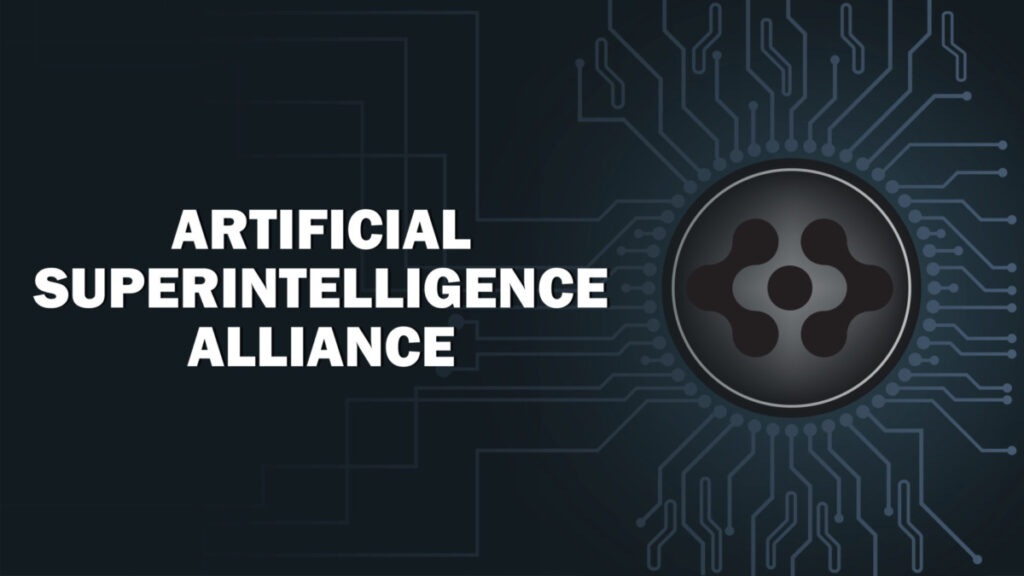SingularityNET CEO believes the Artificial Superintelligence (ASI) Alliance can provide significantly more intelligent decentralization solutions than OpenAI.

The Artificial Superintelligence (ASI) Alliance, an industry merger that seeks to challenge the dominance of Big Tech in artificial intelligence, has a lengthy journey to achieve the computing power of its competitors.
On September 19, ASI formally initiated the voting process to incorporate the cloud computing and blockchain platform Cudos into its alliance to enhance its AI tools and computing capacity.
The vote, open until September 24, enables the community to determine whether Cudos should merge their native token, Cudos (CUDOS), with the ASI Alliance. The ASI Alliance presently comprises SingularityNET, the Ocean Protocol, and Fetch.ai.
Cudos’ integration into the ASI Alliance is anticipated to expand in tandem with the alliance’s expanding computing requirements as it pursues its objective to implement artificial general intelligence (AGI), which aims to develop software that possesses human-like intelligence and is fueled by an unfathomable amount of computational power.
Cudos, Fetch, Ocean, and SingularityNET to generate $200 million in computing hardware
In an interview with Cointelegraph on September 19, SingularityNET founder and CEO Ben Goertzel stated that the ASI Alliance could provide $200 million of dedicated computer hardware if token prices remain stable in light of the prospective Cudos merger.
Despite this, the ASI Alliance still needs to achieve the computational power of its main AI rivals. The ASI Alliance is approximately 80% away from matching the level of OpenAI’s AI model, as firms such as OpenAI purportedly utilize roughly $1 billion of computing capacity for GPT-4.

“We are still far from having the same amount of hardware as OpenAI or Google,” Goertzel stated. However, the ASI Alliance has the potential to scale with solutions. “Cudos’ NuNet is one such solution,” he observed, “as it allows any device to contribute to a global compute pool.”
“We have the ability to pull in a lot of other compute power. And this is what Cudos’ NuNet and Hypercycle is about. So we can, we can pull in computers from other facilities all over the planet and kind of leverage them all into this decentralized network.”
The ASI Alliance has the potential to be significantly more intelligent than Big Tech.
During the interview, Goertzel also expressed confidence in the competitive advantage that decentralized AI initiatives, such as the ASI Alliance, have against Big Tech in the AI space.
The founder of SingularityNET expressed his conviction that this could be a significantly more intelligent endeavor than the actions of Big Tech.
“If we can get something way smarter than OpenAI’s o1 model using the OpenCog Hyperon and we can roll that out on a decentralized network. Then the world will jump into that the same way they jumped into ChatGPT, and then they will be using the decentralized network, just by the way, because it happens to be in the underlying infrastructure.”
Goertzel observed that the ASI aspires to foster innovation by incorporating numerous smaller initiatives; however, the shared token provides a shared incentive.
He further stated, “Therefore, we hope you will be able to reap the advantages of mergers without becoming entangled in the conglomerate that is a consequence of mergers in the traditional corporate world.”
